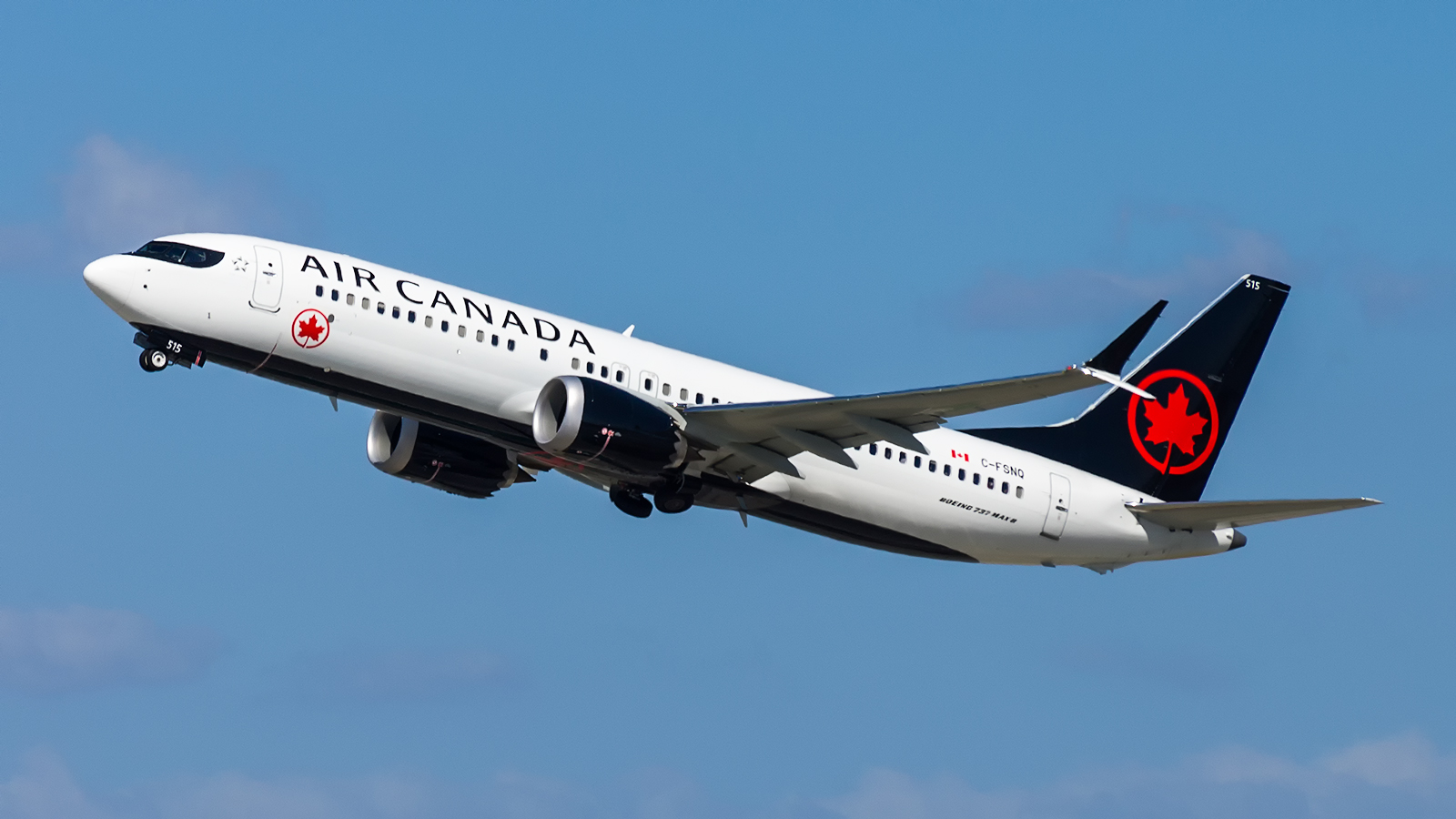In a late-night breakthrough, Air Canada successfully secured a tentative agreement with its pilots’ union early Sunday, forestalling what would have been one of the largest travel disruptions in recent memory. The deal, which will introduce a new four-year collective agreement, comes after weeks of tense negotiations and prevents a looming strike or lockout that had been set to cripple the airline’s operations by midweek.
Before this eleventh-hour agreement, the country’s largest airline had been gearing up for massive cancellations, with plans to gradually reduce flights over the span of three days and shut down entirely by 12:01 a.m. on Wednesday, September 18. Air Canada, along with its subsidiary Air Canada Rouge, typically operates nearly 670 daily flights, moving more than 110,000 passengers and critical cargo. The anticipated strike would have had ripple effects across Canadian industries, impacting not only travelers but businesses reliant on timely deliveries.
With the new agreement, the airline announced that normal operations would continue, averting what could have been a disastrous interruption in travel. However, the precise terms of the new contract between Air Canada and the Air Line Pilots Association (ALPA), which represents over 5,200 pilots, remain confidential. A vote by ALPA members is expected to take place within the next month to ratify the agreement.
ALPA estimated that the new deal would be worth C$1.9 billion (US$1.4 billion) over the next four years, a 46% increase from the previous contract, which expired earlier this month. This marks a significant financial gain for the pilots, who had been pressing for better pay, retirement benefits, and work conditions.
Charlene Hudy, chair of the Air Canada ALPA master executive council, expressed cautious optimism about the outcome, noting the difficulties faced during negotiations. “After several consecutive weeks of intense round-the-clock negotiations, progress was made on several key issues including compensation, retirement, and work rules,” she said.
The conflict had been brewing for over a year, as pilots sought pay raises to match those secured by their counterparts at major U.S. airlines like United Airlines. In the last two years, U.S. pilots have seen their salaries skyrocket in the face of a post-pandemic travel boom and significant staffing shortages. For example, United’s latest pilot contract offered wage increases of about 42%. Today, United pilots earn 92% more than their Air Canada peers, a stark contrast to a decade ago when the pay difference was a mere 3%.
The potential strike gained the attention of federal officials, but Prime Minister Justin Trudeau made it clear that his government had no plans to intervene as they had done in previous labor disputes, including last month’s strike at Canadian Pacific Kansas City and Canadian National Railway. Instead, the government encouraged both sides to come to a resolution, a strategy that paid off as federal mediators worked diligently to facilitate the deal. Labor Minister Steve MacKinnon confirmed that Canadians had been spared from major travel disruptions thanks to these efforts.
Air Canada had previously offered a 30% wage increase, along with enhanced pension and health benefits. However, the union rejected this offer, demanding a better contract after years of stagnant wages and deteriorating work conditions. The agreement, pending ratification, will usher in a new era for Air Canada’s pilots, who have long been fighting for a contract that reflects the growing demands of their profession.









